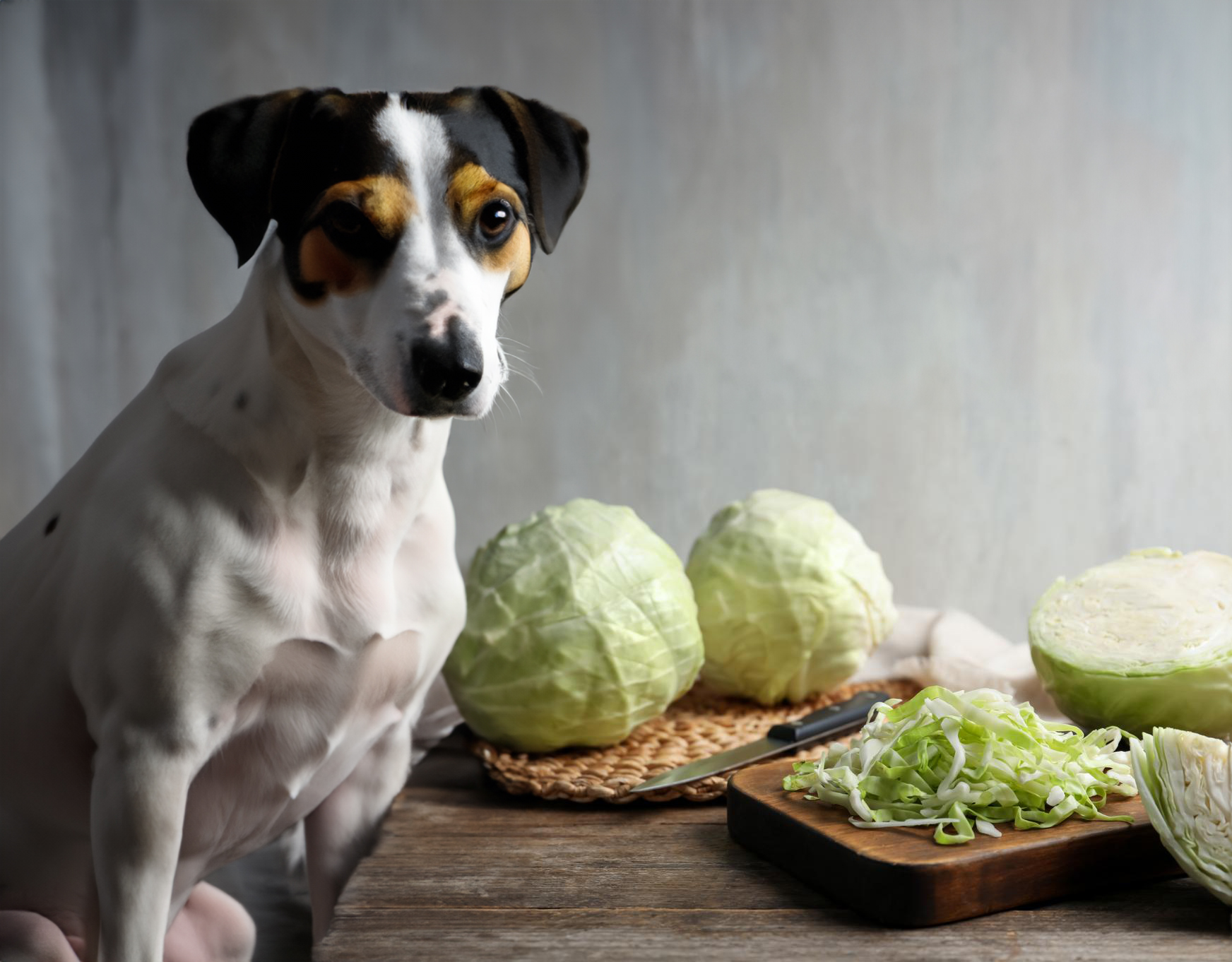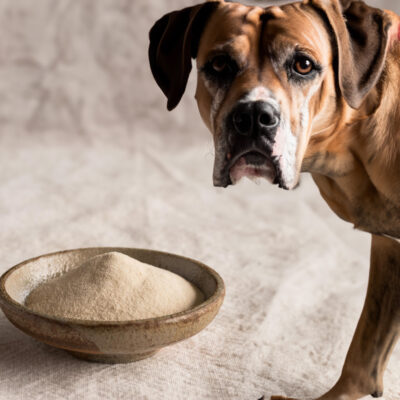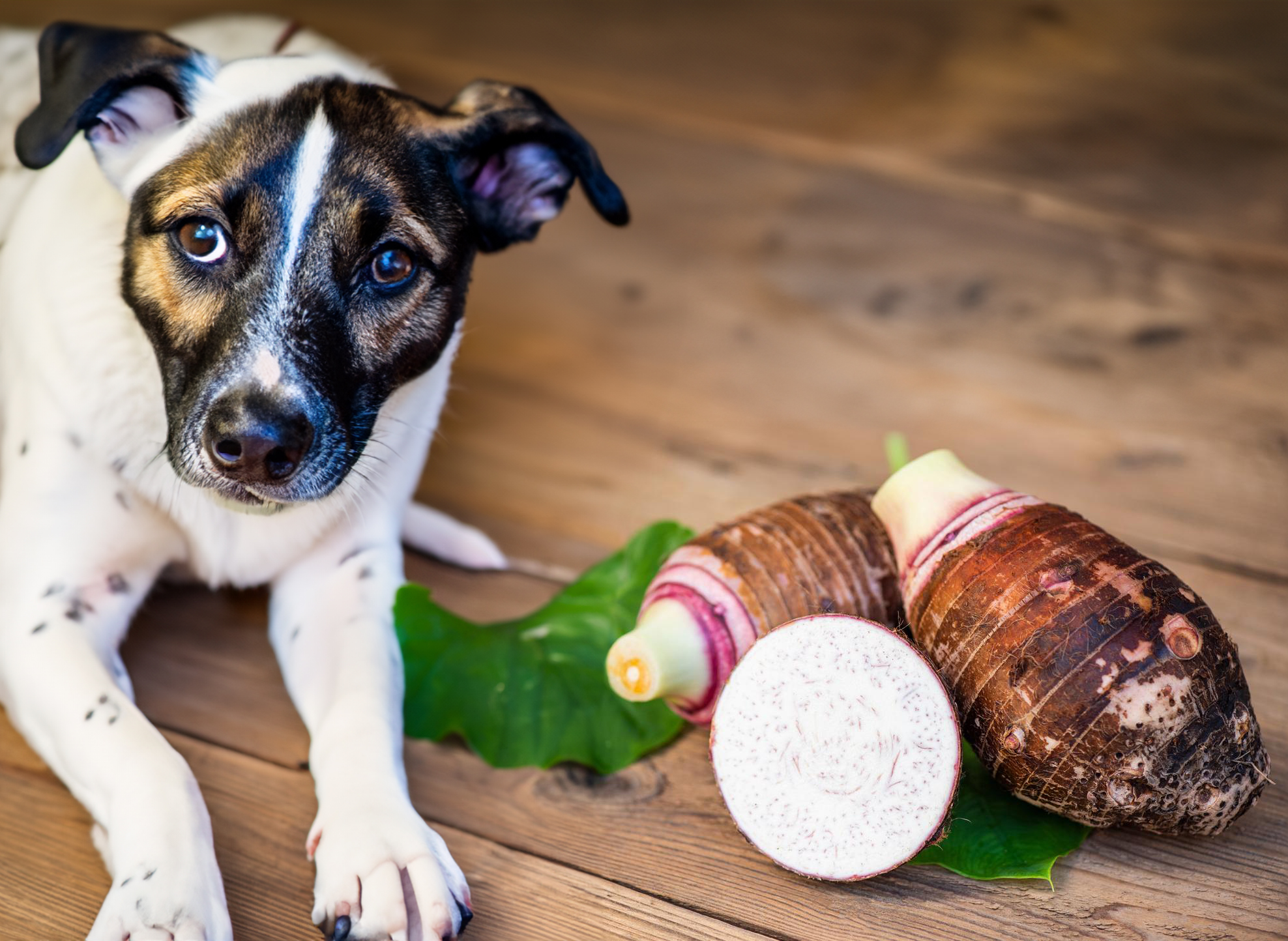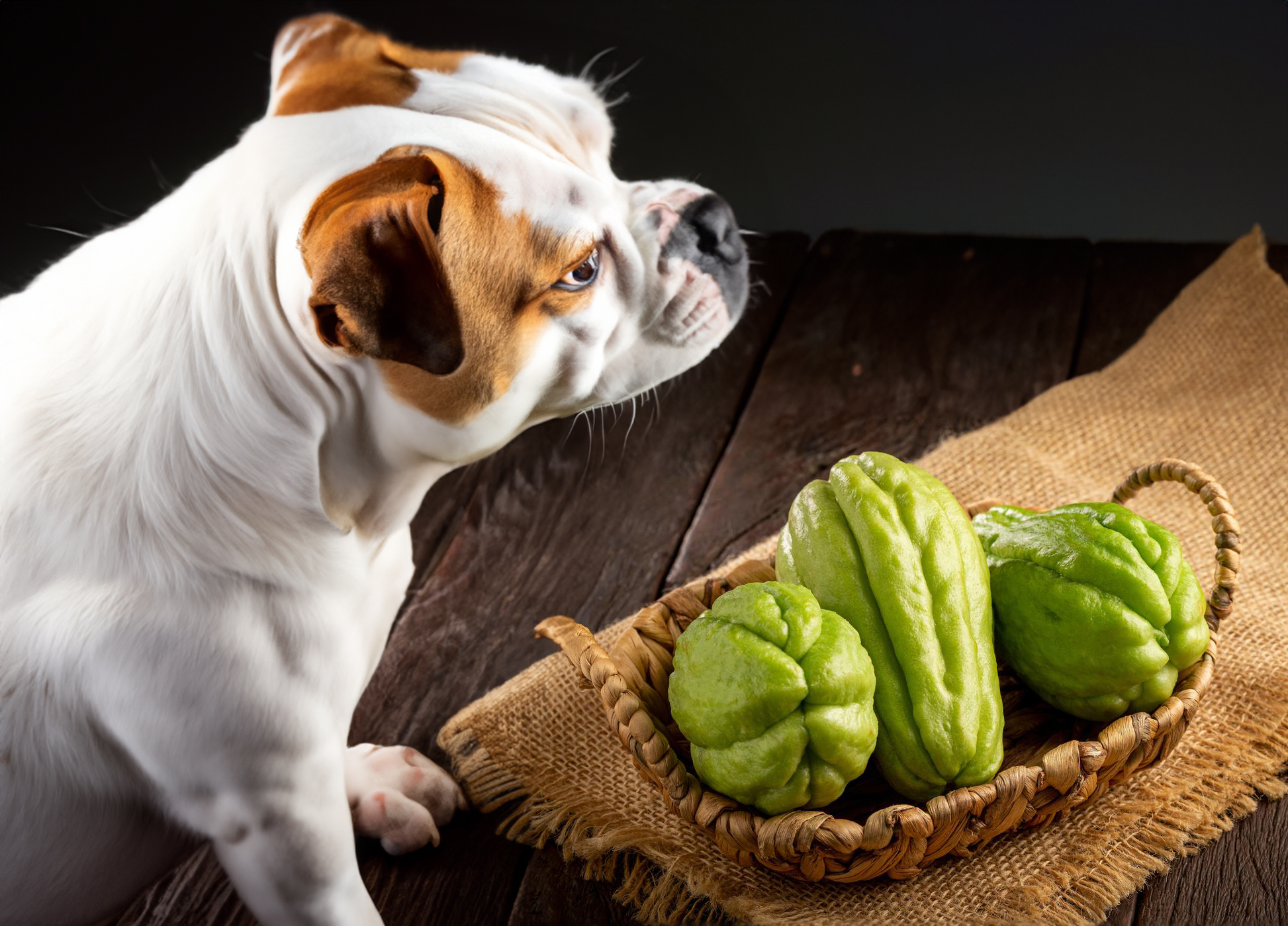Can dogs eat cabbage? It’s a question pet owners have been asking for years, and it’s one that deserves an answer. Cabbage is a popular vegetable that is packed with nutrients, but it can also be dangerous for your furry friend if eaten in large quantities. In this blog post, we’ll explore the two sides of the cabbage debate – the good and the bad – so you can make an informed decision about whether or not it’s safe for your dog to consume this veggie. We’ll also provide tips on how to serve it, as well as any precautions you should take.
What is cabbage?
Cabbage is a leafy green or purple vegetable that belongs to the Brassica family. It is a cool-season crop that is known for its dense, crunchy texture and distinctive taste. Cabbage comes in different varieties, including green cabbage, red cabbage, and savoy cabbage, each with its own unique flavor and appearance.
This versatile vegetable has been cultivated for thousands of years and is widely used in various cuisines around the world. It can be enjoyed raw in salads, sautéed, steamed, or used as a wrap for other ingredients. Cabbage is low in calories and high in fiber, making it a great addition to a balanced diet.
Rich in vitamins C and K, cabbage also contains minerals like potassium, manganese, and folate. It is known for its antioxidant properties and may help support a healthy immune system. Cabbage is also a good source of phytonutrients, which are plant compounds that have been linked to various health benefits.
In the next sections, we’ll explore the specific nutritional benefits of cabbage, as well as its potential risks and benefits for dogs.
Nutritional benefits of cabbage
Cabbage is not only delicious but also packed with a wide range of nutrients that can benefit both humans and dogs. This versatile vegetable is low in calories but high in fiber, making it an excellent addition to a balanced diet. Cabbage is also rich in vitamins C and K, which play crucial roles in maintaining a healthy immune system and promoting blood clotting.
Additionally, cabbage contains minerals like potassium, manganese, and folate. Potassium is essential for heart health and proper muscle function, while manganese supports bone development and metabolism. Folate, on the other hand, is crucial for cell growth and the production of genetic material.
Cabbage is also a great source of antioxidants, which help combat oxidative stress and reduce the risk of chronic diseases. The vegetable contains various phytonutrients, such as sulforaphane, that have been linked to potential anti-cancer properties.
When considering the nutritional benefits of cabbage for dogs, it’s important to note that the exact amounts and potential health benefits may vary. While cabbage can provide valuable nutrients, it should always be fed to dogs in moderation and prepared appropriately to avoid any digestive issues.
Can dogs eat cabbage?
When it comes to dogs and cabbage, the answer is both yes and no. While cabbage can provide valuable nutrients for your furry friend, it’s important to exercise caution and moderation when feeding it to them.
Cabbage is low in calories and high in fiber, which can be beneficial for dogs with weight or digestive issues. Additionally, it contains vitamins and minerals that support a healthy immune system and promote overall well-being.
However, too much cabbage can cause digestive upset in dogs, leading to symptoms like gas, bloating, and diarrhea. It can also interfere with the absorption of certain nutrients, so it’s important to feed cabbage in small amounts and monitor your dog’s reaction.
If your dog has a sensitive stomach or any existing health conditions, it’s best to consult with your veterinarian before introducing cabbage into their diet. As always, remember to prepare cabbage in a dog-friendly manner, free from seasoning, oil, or other additives that can be harmful to them.
Possible health risks for dogs that eat cabbage
While cabbage can provide valuable nutrients for dogs, there are also potential health risks associated with consuming this vegetable. One of the main concerns is the potential for digestive upset. Cabbage contains a high amount of fiber, which can be difficult for some dogs to digest, especially if they are not accustomed to a high-fiber diet. This can lead to symptoms such as gas, bloating, and diarrhea.
In addition, cabbage contains compounds called thiocyanates, which can interfere with the thyroid function in dogs. Thiocyanates can inhibit the uptake of iodine, which is essential for the production of thyroid hormones. If dogs consume large amounts of cabbage on a regular basis, it may result in an underactive thyroid, leading to symptoms such as weight gain, lethargy, and hair loss.
It’s important to note that the risks associated with cabbage are generally low if it is fed in moderation and prepared properly. However, it is always a good idea to monitor your dog’s reaction and consult with a veterinarian if you have any concerns about their health or if they have any underlying medical conditions.
How to serve cabbage to your dog
When it comes to serving cabbage to your dog, there are a few important factors to consider. First and foremost, it’s crucial to prepare the cabbage in a dog-friendly manner. This means avoiding the use of any seasoning, oil, or additives that can be harmful to your furry friend. Plain, cooked cabbage is the safest option, as it is easier for dogs to digest.
Before serving cabbage to your dog, be sure to chop it into small, bite-sized pieces to prevent any choking hazards. It’s also a good idea to steam or boil the cabbage until it is soft and tender, as this can make it easier for your dog to chew and digest.
When introducing cabbage to your dog’s diet, start with small portions and monitor their reaction closely. Keep an eye out for any signs of digestive upset, such as gas or diarrhea. If your dog handles cabbage well, you can gradually increase the amount over time.
Remember, every dog is different, and what works for one may not work for another. If you have any concerns about serving cabbage to your dog or if they have any underlying health conditions, it’s best to consult with your veterinarian before making any dietary changes.
Other vegetables safe for dogs to eat
If you’re looking for other vegetables to incorporate into your dog’s diet, there are several options that are generally safe and nutritious for them. Here are a few vegetables that can be a healthy addition to your furry friend’s meals:
- Carrots: Carrots are low in calories and high in fiber, making them a great snack for dogs. They are also a good source of vitamins A, K, and C, as well as potassium.
- Green beans: Green beans are another nutritious vegetable that dogs can enjoy. They are low in calories and high in fiber, helping to promote a healthy digestive system. Green beans are also a good source of vitamins A, C, and K.
- Sweet potatoes: Sweet potatoes are packed with nutrients, including vitamins A, C, and B6, as well as fiber. They can be cooked and mashed or cut into small, bite-sized pieces for your dog to enjoy.
- Broccoli: Broccoli is a nutrient-rich vegetable that can provide your dog with vitamins A, C, and K, as well as fiber and folate. It’s important to steam or cook broccoli before serving it to your dog to make it easier to digest.
Remember, it’s always a good idea to introduce new vegetables gradually and in small amounts to your dog’s diet. If you have any concerns or questions about specific vegetables, consult with your veterinarian for guidance.










